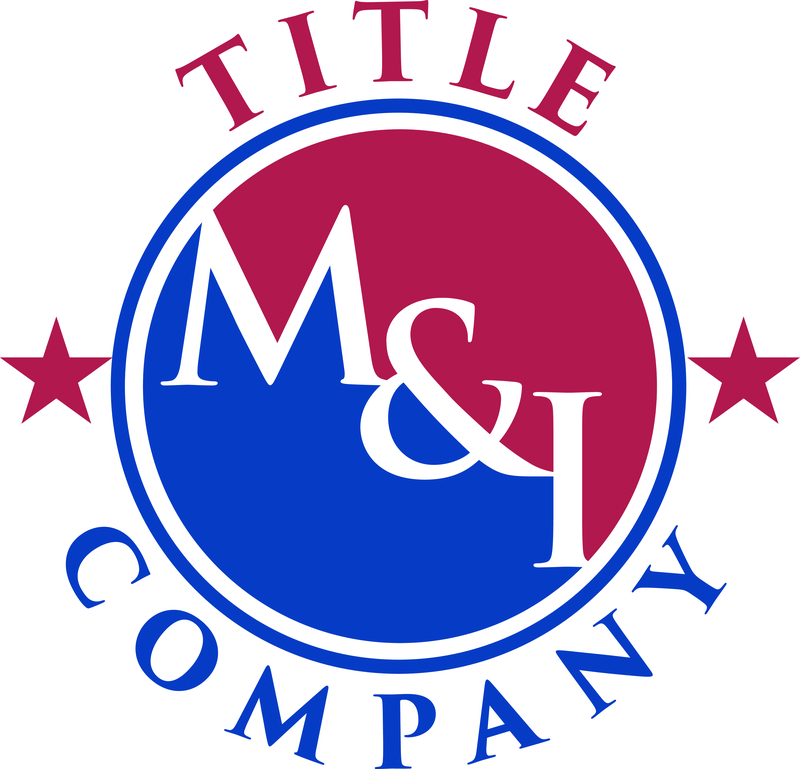
UPDATE Jan, 2013 – Congress approved extending the Mortgage Forgiveness Debt Relief Act of 2007 through the end of 2013.
I first wrote an article on this topic a little over two years ago as the foreclosure rate was rising and borrowers were concerned about where they stood with the IRS with regard to “mortgage forgiveness”. Well, here we are today with the same issues looming over many people, so I thought I would do an update.
What is “Mortgage (or debt) Forgiveness”?
Two common examples of mortgage forgiveness are:
- Your debt was reduced as a result of your lender restructuring your loan
- You lost a home in foreclosure and were forgiven of the shortfall
Here is the definition of “cancellation of debt” from the IRS:
If you borrow money from a commercial lender and the lender later cancels or forgives the debt, you may have to include the cancelled amount in income for tax purposes, depending on the circumstances. When you borrowed the money you were not required to include the loan proceeds in income because you had an obligation to repay the lender. When that obligation is subsequently forgiven, the amount you received as loan proceeds is normally reportable as income because you no longer have an obligation to repay the lender. The lender is usually required to report the amount of the canceled debt to you and the IRS on a Form 1099-C, Cancellation of Debt.
Whats the problem with mortgage forgiveness?
Prior to passage of the Mortgage Forgiveness Debt Relief Act of 2007, mortgage forgiveness, as I described above, in many cases would have resulted in you owing the IRS income tax on the amount of debt that was forgiven. This is like adding insult to injury when you are in that situation…think about it, first you lose your home, then later you received a tax bill for the IRS for the forgiven debt…ugh.
What does the Mortgage Forgiveness Debt Relief Act do to help?
If you received forgiveness of mortgage debt, and you qualify, then all you need to do is complete a couple lines of information on IRS Form 982 (specifically, lines 1e, 2 and 10b) and then you won’t be subject to tax on the forgiven debt.
Prior to passage of the Mortgage Forgiveness Debt Relief Act of 2007 there were some situations where debt could be forgiven and you were not subject to tax on the forgiven debt. The IRS gives the following exemptions on their website:
- Bankruptcy: Debts discharged through bankruptcy are not considered taxable income.
- Insolvency: If you are insolvent when the debt is cancelled, some or all of the cancelled debt may not be taxable to you. You are insolvent when your total debts are more than the fair market value of your total assets.
- Certain farm debts: If you incurred the debt directly in operation of a farm, more than half your income from the prior three years was from farming, and the loan was owed to a person or agency regularly engaged in lending, your cancelled debt is generally not considered taxable income.
- Non-recourse loans: A non-recourse loan is a loan for which the lender’s only remedy in case of default is to repossess the property being financed or used as collateral. That is, the lender cannot pursue you personally in case of default. Forgiveness of a non-recourse loan resulting from a foreclosure does not result in cancellation of debt income. However, it may result in other tax consequences.
Now, as a result of The Mortgage Forgiveness Debt Relief Act of 2007, if the debt that was forgiven was on a qualified principal residence, then that will be an exception as well.
For complete details on the above exceptions see IRS Publication 4681. (at the time I wrote this the IRS did not have the publication posted at the site, just a notice it was coming).
What years does the Mortgage Forgiveness Debt Relief Act apply to?
Originally the Act only applied to forgiven debt in 2007 – 2009 but subsequently was extended to include canceled debt during the years 2007 through 2012.
How much forgiven debt is covered?
Under this Act, the maximum amount you can treat as qualified principal residence indebtedness is $2 million ($1 million if married filing separately the tax year).
Does the Mortgage Forgiveness Debt Relief Act apply to purchase loans only or are refinanced mortgages included?
Debt used to refinance your home qualifies for this exclusion, but only to the extent that the principal balance of the old mortgage, immediately before the refinancing, would have qualified.
How will I know how much of my debt was canceled or forgiven?
Most lenders will send you a 1099-C in the mail which is an IRS form that states the amount of the canceled debt.
I hope this helps. Remember, I am not a CPA or tax attorney (or any other kind of attorney for that matter) so this article is for general information only. Be sure to consult your CPA and/or tax attorney to address your specific situation.



Leave a Reply
You must be logged in to post a comment.